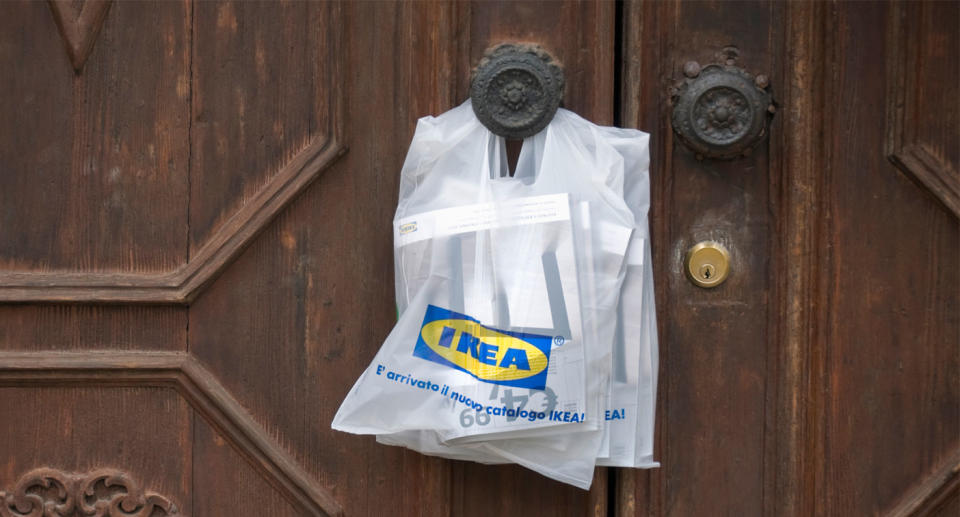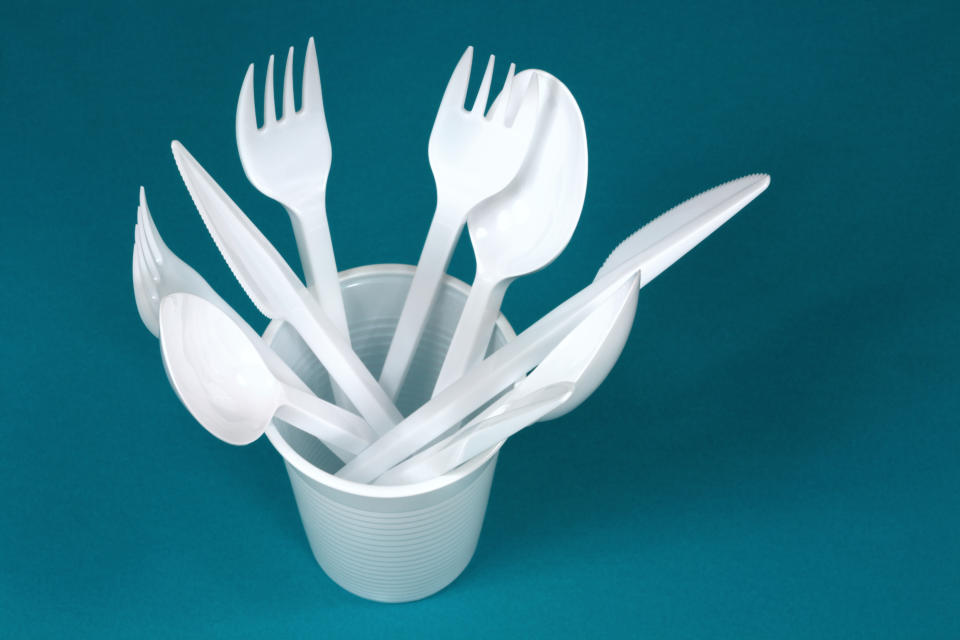The popular items you will no longer be able to get at IKEA
Swedish homeware giant IKEA has announced it will phase out all single-use plastic products by 2020 across its stores worldwide.
It comes as the furniture retailer announced plans to use only renewable and recycled materials in its products by 2030.
Inter IKEA, the owner of the brand best known for its low-cost flat-pack furniture, said on Thursday it aimed to reduce the climate impact of each of its products by more than two thirds by the end of next decade.

The announcement revealed the store will stop selling single-use plastic products including straws, plates, cups, freezer bags, garbage bags, and plastic-coated paper plates and cups.
The change will also come into effect across Ikea’s restaurants which will stop giving out plastic straws, cups, plates, cutlery, drink stirrers and plastic containers for freshly prepared food.
Currently, 60 per cent of the Ikea range is based on renewable materials, while nearly 10 percent contain recycled materials, an Inter IKEA spokeswoman said.
“Through our size and reach we have the opportunity to inspire and enable more than one billion people to live better lives, within the limits of the planet,” Inter IKEA CEO Torbjorn Loof said in a statement to accompany the company’s 2030 sustainability strategy document.

“We are committed to taking the lead, working together with everyone – from raw material suppliers all the way to our customers and partners.”
Inter IKEA joins a growing list of global companies striving to make their operations more environmentally sustainable, although there are question marks over whether enough are taking action and whether they should be doing more.
The world’s 250 biggest listed companies account for a third of all man-made greenhouse gas emissions, but few have concrete goals to limit rising temperatures, a Thomson Reuters Financial & Risk white paper concluded in October.

Raw materials account for most of Ikea’s greenhouse gas emissions and, along with extending the potential lifespan of its products, is where Ikea sees the biggest opportunities for reducing its impact on the environment.
Children explain why they wrote mother’s viral scathing obituary
Police working to identify wrapped body found on the side of the road
Along with phasing out non-recycled plastic, the company will implement changes ranging from greener glue in particleboard and more vegetarian food in its restaurants to a new candle recipe, Loof told Reuters.
Inter IKEA’s plan is the first to target all Ikea stores – the bulk of which are run by IKEA Group, but some of which are run by other franchisees – as well as the supply chain.
In total, there are 418 IKEA stores across 49 markets. Retail sales in the year through August 2017 were a combined $59.3 billion.
The announcement comes the same week leading Australian supermarkets Coles and Woolworths pledged to reduce the use of plastic in stores.
Woolies announced it would be banning the sale of plastic straws by year’s end while Coles said it would reduce plastic wrapping on fruit and vegetables, including bunches of bananas, kale and silver beet, and replace meat and poultry packaging with recycled and renewable materials.
With Reuters.


